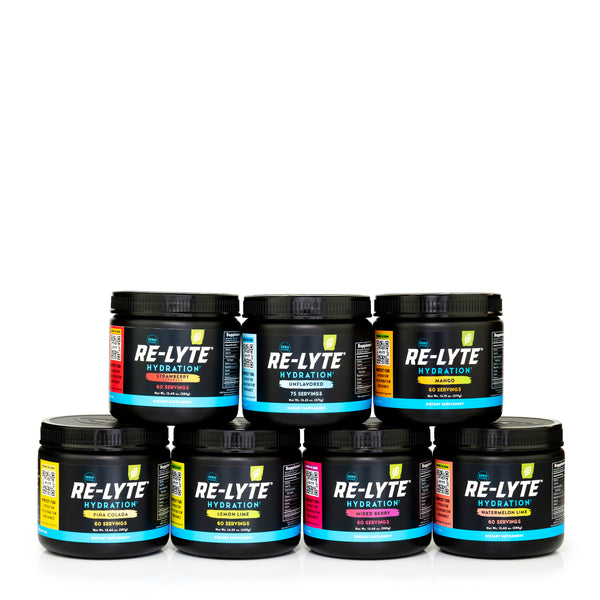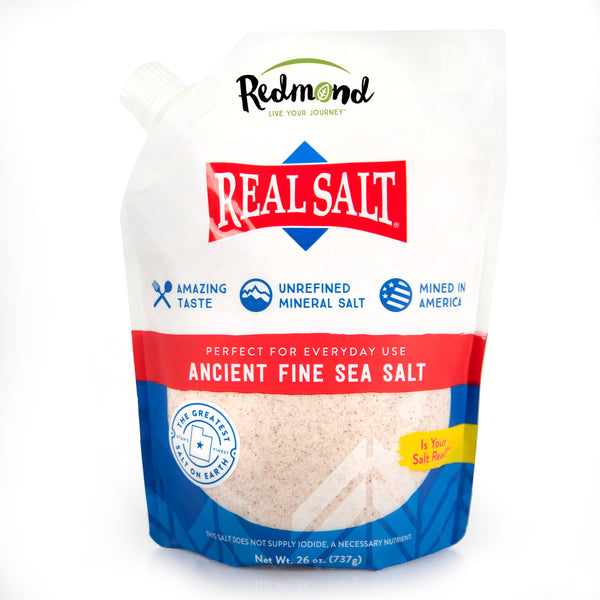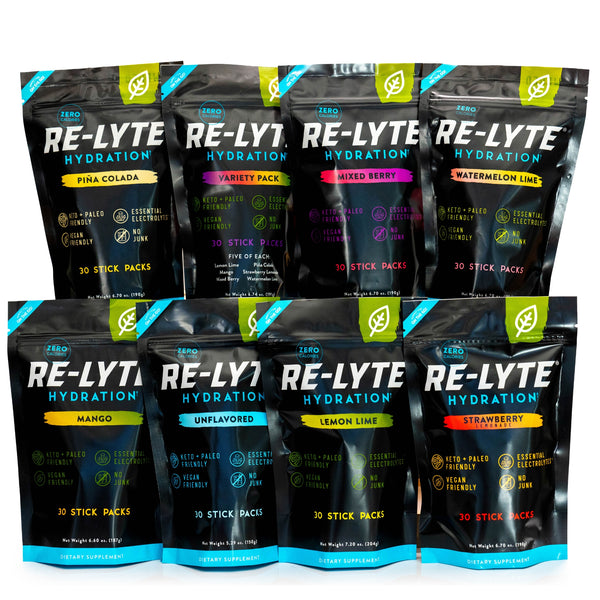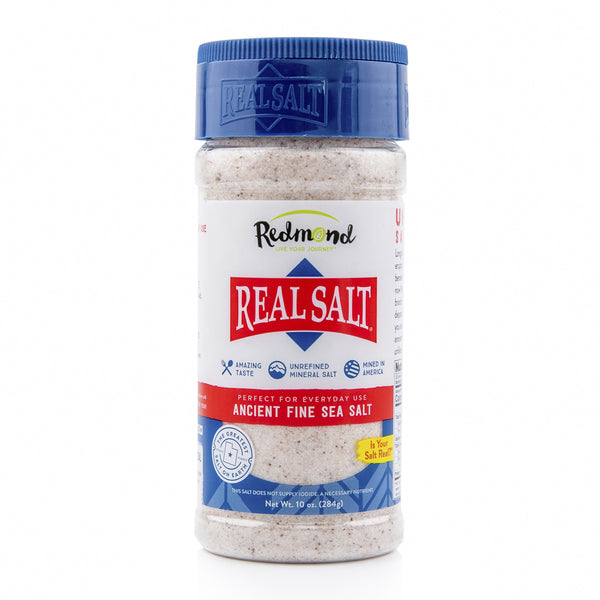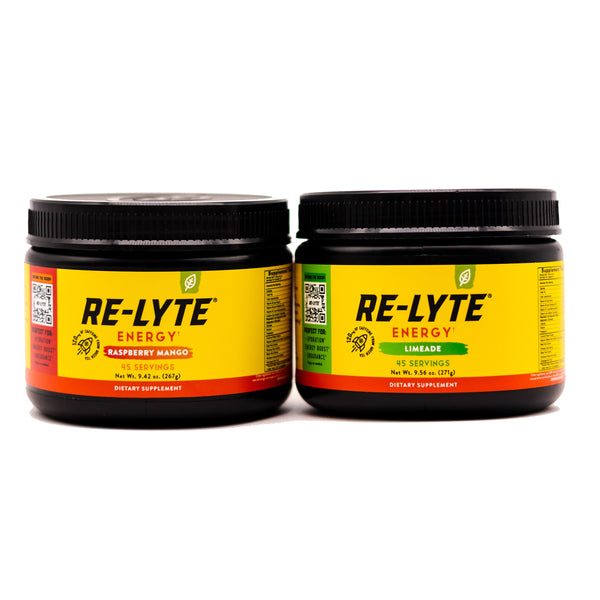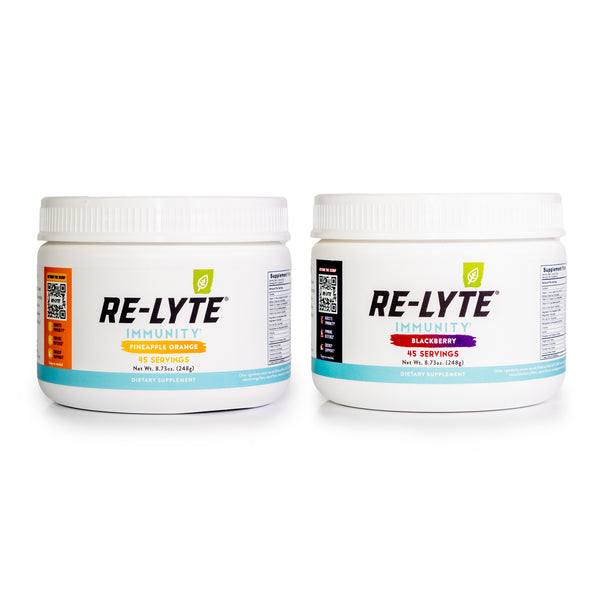The Secret to The Real Connection You Crave

Article at a Glance:
- As humans, we’re wired for connection. We need it, we crave it, and it gives meaning and fulfillment to our lives.
- Vulnerability is the key to developing a sense of belonging and connection with others.
- Shame keeps us from showing up authentically and creating real connection. It keeps us separate from the people around us.
- We can learn to cultivate a sense of worthiness that helps us be more comfortable with vulnerability, and therefore seek more connection.
In order to connect, you have to be open for connection.
Seems pretty straightforward, right?
It is…and it isn’t.
Vulnerability can be scary because opening up to connection is also opening up to rejection. And rejection sucks. It’s not fun.
However, vulnerability is necessary for connection. You can’t outsmart it, and you can’t avoid it if you want to find belonging.
Luckily, you can learn to get more comfortable with vulnerability so you can create those deep connections you crave.
The Power of Vulnerability
For a lot of us, vulnerability is high on our list of fears or things to avoid.
In her talk “The Power of Vulnerability” Brené Brown breaks down why vulnerability scares us so much and how we can learn to show up more authentically in our interactions so we can foster true connection in our lives. Watch it here:
What This Means for YOU
Let’s review a few key takeaways and how they might apply to you:
- As humans, we’re wired for connection. And in order to connect, we have to be vulnerable.
- Shame (the fear of disconnection) holds us back from being vulnerable and creating the connections we want.
- People who have strong connections believe they’re worthy of connection. You can develop a sense of worthiness to help you show up more authentically.
- Vulnerability and authenticity require courage, self-kindness, and the willingness to embrace imperfection.
The Link Between Vulnerability and Connection
Vulnerability is showing others who we really are instead of a sanitized, perfected version of ourselves that doesn’t actually exist.
That’s the only way to create true connection. People can’t connect with the real you if you never show them the real you, right?
But vulnerability is scary because it opens you up to rejection, and we fear that rejection will lead to shame. (Though we’re probably already feeling shame if we’re being less-than-authentic in our lives.) This is why we often avoid getting vulnerable or seeking connection.
Unfortunately, you can’t have one without the other.
To avoid rejection is to avoid connection. And to avoid connection is to court one of the most dangerous things to human health and well-being: loneliness.
So, even though rejection is scary, it’s far less scary than the potential effects of loneliness and disconnection.
But how do you learn to get vulnerable when it’s so darn scary? How do you get the courage to open up to connection?
It’s easier said than done, but it’s possible (and learnable).
Cultivating a Sense of Worthiness
Brené Brown says that people who have connection and belonging in their lives believe they’re worthy of connection.
It sounds simple, and it is. But it might not be easy.
If we have trauma, self-esteem issues, or even those garden-variety insecurities we all deal with, truly believing that we’re worthy might be a Herculean task.
When you believe you’re worthy, you’re much more able to be vulnerable because even if you experience rejection, you know you’ll bounce back. You can reach out for connection without your whole sense of self-worth hinging on it. That’s powerful stuff!
So how do you cultivate this sense of worthiness?
Look for Evidence
As Brené says, if you look for evidence that you’re unworthy, you’ll find it.
But the reverse is also true. What evidence can you find that points to your worthiness?
Think about the people and animals who love you, the things you’ve accomplished, and the people you’ve helped. Think about how you’re helpful to others. (If you don’t know, ask!)
The point here isn’t to base your worth on external achievements, but to start building the case for your worthiness. It’s a place to start!
Brené Brown’s Guideposts for Wholehearted Living
Brené has outlined 10 tenets of what she called “wholehearted living.” Wholehearted is what she calls people who practice vulnerability and foster connection in their lives.
This isn’t a simple or easy process, but they’re all great things to implement.
You can view those on her website here.
Be kind and compassionate with yourself.
If you can’t be kind and compassionate with yourself, you’ll have a hard time being truly kind and compassionate with others. Practicing self-kindness will help you build the belief that you’re worthy of self-compassion and connection.
A great resource for this is Kristin Neff’s book Self-Compassion. Try her TEDx talk too!
Notice when you aren’t being authentic.
Ask WHY you’re behaving the way you are or saying the things you say.
Are you trying to please someone? Fit it? Avoid conflict? Appear stronger or tougher than you feel?
When you notice, then try pausing before speaking or acting. If you were truly being yourself, how would you show up in this situation? What do you really think? How do you really feel?
Practice leaning into discomfort without numbing.
We all experience uncomfortable emotions, and vulnerability is definitely one of them.
If you can learn to sit with discomfort instead of trying to numb it, things like vulnerability and rejection will be a lot more tolerable. (Self-compassion can REALLY help here, by the way.)
Try grounding or calming techniques like yoga (or any movement), meditation, breathwork, going outside, etc. to help you feel uncomfortable feelings without trying to fix them.
Uncomfortable feelings usually only last a few minutes, tops, when we actually take the time to feel them and let them pass.
Vulnerability is Worth It
While vulnerability isn’t a fun feeling, it’s the key to the connection and meaning we’re all seeking in life.
Even though it can be really scary and uncomfortable to let others see who we really are—warts and all, as they say—it’s worth it.
Recommended Resources
“The Space Between Self-Esteem and Self-Compassion” by Kristin Neff
Self-Compassion by Kristin Neff
“10 Guideposts for Wholehearted Living” by Brené Brown
Sources:
“The Power of Vulnerability” by Brené Brown
“Loneliness and Social Isolation Linked to Serious Health Conditions”


